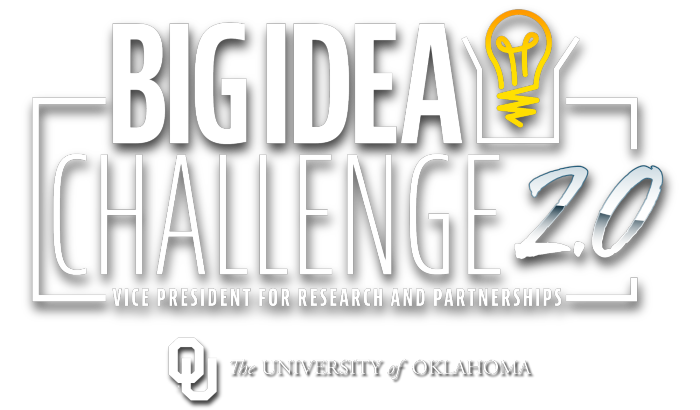
Two CIS faculty members are among the recipients of OU's "Big Idea Challenge 2.0," a program facilitated by the Office of the Vice President for Research and Partnerships and designed to foster cross-disciplinary research projects. The projects selected for this year's challenge are focused on solving major worldwide challenges and are expected to attract substantial external funding in the future.
The project involving CIS faculty is titled “Climate Information and Actionable Timescales for Climate Security in Latin America." It is led by Kathy Pegion, an associate professor and Williams Chair in the OU School of Meteorology, with co-principal investigators Fabio de Sa e Silva, Associate Professor of International Studies and Wick Cary Professor of Brazilian Studies in CIS, and Rachel Schwartz, Assistant Professor of International & Area Studies in CIS. The team also includes pricipal investigators from the OU School of Meteorology, the Dodge Family College of Arts and Sciences, the Gaylord College of Journalism and Mass Communications, the College of Atmospheric and Geographic Sciences and the Oklahoma Aerospace and Defense Innovation Institute.
The goal of the project is to develop subseasonal and seasonal forecasting to better anticipate risks of climate shock and use regional knowledge and established partnerships to co-produce useable and actionable information and tools for partners in Guatemala, Brazil and Peru.
"This round of BIC 2.0 has proven how important it has been for OU to nurture expertise and partnerships in countries like Brazil," explained Dr. de Sa a Silva, who also directs the Center for Brazil Studies at OU. "The grand challenges the university wants to help face are inherently of global nature and can only be effectively addressed in the context of global engagement. The Brazil Center is proud to be a part of these efforts and we look forward to implementing this project."
“This funding will allow us to use our transdisciplinary expertise OU to improve access to advance information of potential weather-climate hazards that can impact people in Latin America,” Pegion told OU News. “Our hope is that this work will positively impact society by reducing food, water and infrastructure insecurity that threatens livelihoods, exacerbates conflicts and forces people to leave their homes.”